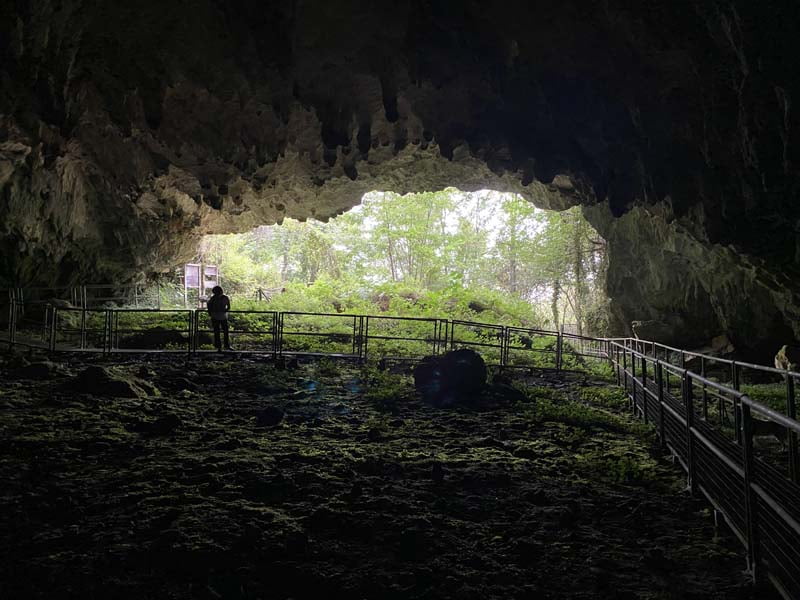di Andrew DiGiovanni
Prevention is better than cure. It seems to me almost obvious to start with this consideration. A cliche, however, can make many things understood or at least make a concept more accessible.
The work of protection and enhancement is no joke. Use is functional to knowledge. And it must be not only possible but engaging. We have all noticed that the words of that song or that refrain heard on TV are more easily remembered than complex notions. This happens because connecting a concept to a feeling, positive or negative, helps to fix it in the head.
Having said that, because those who have to maintain, over time, don't keep this in mind! It's not a matter of ministries or entities, I'm talking about the collective conscience, about that cursed bias that makes us think that "There are more urgent issues to be resolved" as if concentrating an entire population on a single problem were constructive.
Educating means leaving an inexhaustible legacy, so let's educate for maintenance.
Did you know that Hector, horse tamer, prince of Homeric Troy, first son of King Priam, is the character who most represents this concept in fiction?
Homer (or whoever) calls him Hector, which means "he who holds, who maintains, who preserves".
Against all divine will he fights in the epic poem of the Iliad to maintain the splendor of his city with courage and fears, with victories and errors.
His story is emblematic, because in the end he will lose his life and Troy will be conquered. But in stories the concept taken to the limit serves to teach.
The maintenance of the archaeological heritage requires a long-range vision and planning, but not only that, maintenance must also and above all concern the system that will take care of the work in the field.
We need to return every certain number of years to that municipality, or to that association, make plans, changes if necessary, continuous activities to reaffirm the obvious value of the monument, because human beings forget everything, even and above all the obviousness of things.
We do not take the value of repetition for granted. Did you know that in Abruzzo we have many caves with archaeological presence and cave paintings? No, but up until 20/30 years ago, knowledgeable professionals took care of digging them up, studying them and putting them into museums, but then what? Who came later forgot everything?
An emblematic case is that of the Grotta del Colle di Rapino, organized with paths, panels and generators to illuminate the interior… and now it's all torn up and also relatively difficult to reach.
Municipal administrations wonder how important the heritage they have within their borders is and how it would be functional for everyone to exploit it?
Do we want to talk about archaeological parks? In Abruzzo we have wonderful necropolises, unique in Italy of their kind: they are usable at times. Fossa is kept open on summer weekends by the 'Semi sotto la Pietra' association and Campovalano, which until recently had opening hours throughout the week thanks to the employees of the Superintendence now, due to the retirement of the latter without replacement of the staff, will undergo the same treatment.
Our heritage, especially the one that identifies us most and distinguishes us on an identity level, is closed or impossible to visit and often to understand.
So who are we without being able to remember and convey the greatness of our identity?
Dr. Andrea Di Giovanni
(source: lacittamagazine.it)


